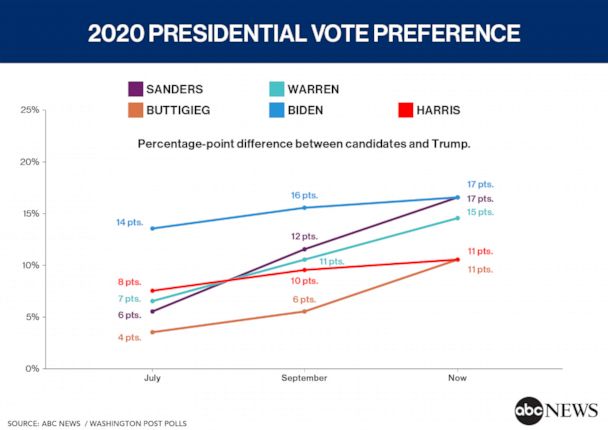Thursday in Whitewater will be sunny with a high of twenty-nine. Sunrise is 6:37 AM and sunset 4:39 PM, for 10h 02m 08s of daytime. The moon is a waxing gibbous with 77.33% of its visible disk illuminated.
Whitewater’s Landmarks Commission meets at 6 PM.
On this day in 1929, New York’s Museum of Modern Art opens to the public.
Recommended for reading in full:
Ari Berman contends The Right to Vote Won Big on Tuesday:
Voters in three states chose candidates and policies that could result in expanded access to the ballot, an undoing of Republican gerrymandering efforts, and a fairer voting system.
Democrat Andy Beshear, who was elected governor of Kentucky, pledged during the campaign to issue an executive order restoring voting rights to 140,000 people convicted of nonviolent felonies in the state. Kentucky is one of only three states where people with past felony convictions cannot vote unless the governor restores their rights. As a result, 300,000 Kentucky residents—nine percent of the electorate—have been disenfranchised, including more than one in four African-Americans, the highest black felon disenfranchisement rate in the country.
….
In Virginia, Democrats won the state legislature, giving them one-party control of the state for the first time in a quarter of a century. Democrats could now pass major voting reforms like early voting, automatic and Election Day registration, and the automatic restoration of voting rights for ex-offenders, along with repealing the state’s restrictive voter ID law. All of these bills have already been introduced by Democrats in the legislature but blocked by Republicans.
Virginia Democrats will also control the drawing of the state’s redistricting mapsin 2021. It remains to be seen whether they will support efforts to create a bipartisan redistricting commission to redraw legislative and US House maps, which passed the legislature this year but must be approved by the legislature again in 2020 and then by the voters in a ballot referendum.
Mike McIntire, Karen Yourish, and Larry Buchanan report In Trump’s Twitter Feed: Conspiracy-Mongers, Racists and Spies:
In September, an obscure Twitter account promoting a fringe belief about an anti-Trump cabal within the government tweeted out a hashtag: #FakeWhistleblower.
It was typical for the anonymous account, which traffics in far-right content and a conspiracy theory known as QAnon, some of whose adherents think that satanic pedophiles control the “deep state.” The Federal Bureau of Investigation recently labeled QAnon a potential domestic terror threat.
Still, that did not stop others, including a Republican congressional candidate, from quickly picking up the hashtag and tweeting it. Within a week, hundreds of QAnon believers and “MAGA” activists had joined in, posting memes and bogus reports to undermine the complaint by a government whistle-blower that President Trump had pressed Ukraine’s leader for dirt on former Vice President Joseph R. Biden Jr. and his son.
Then Mr. Trump tweeted the hashtag himself.



